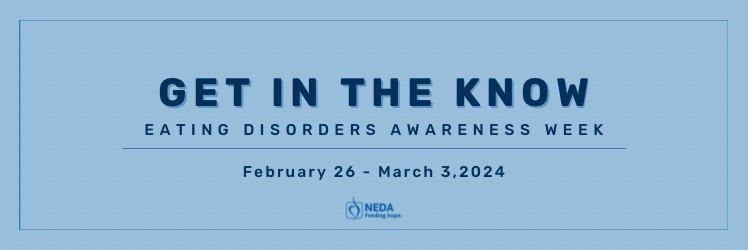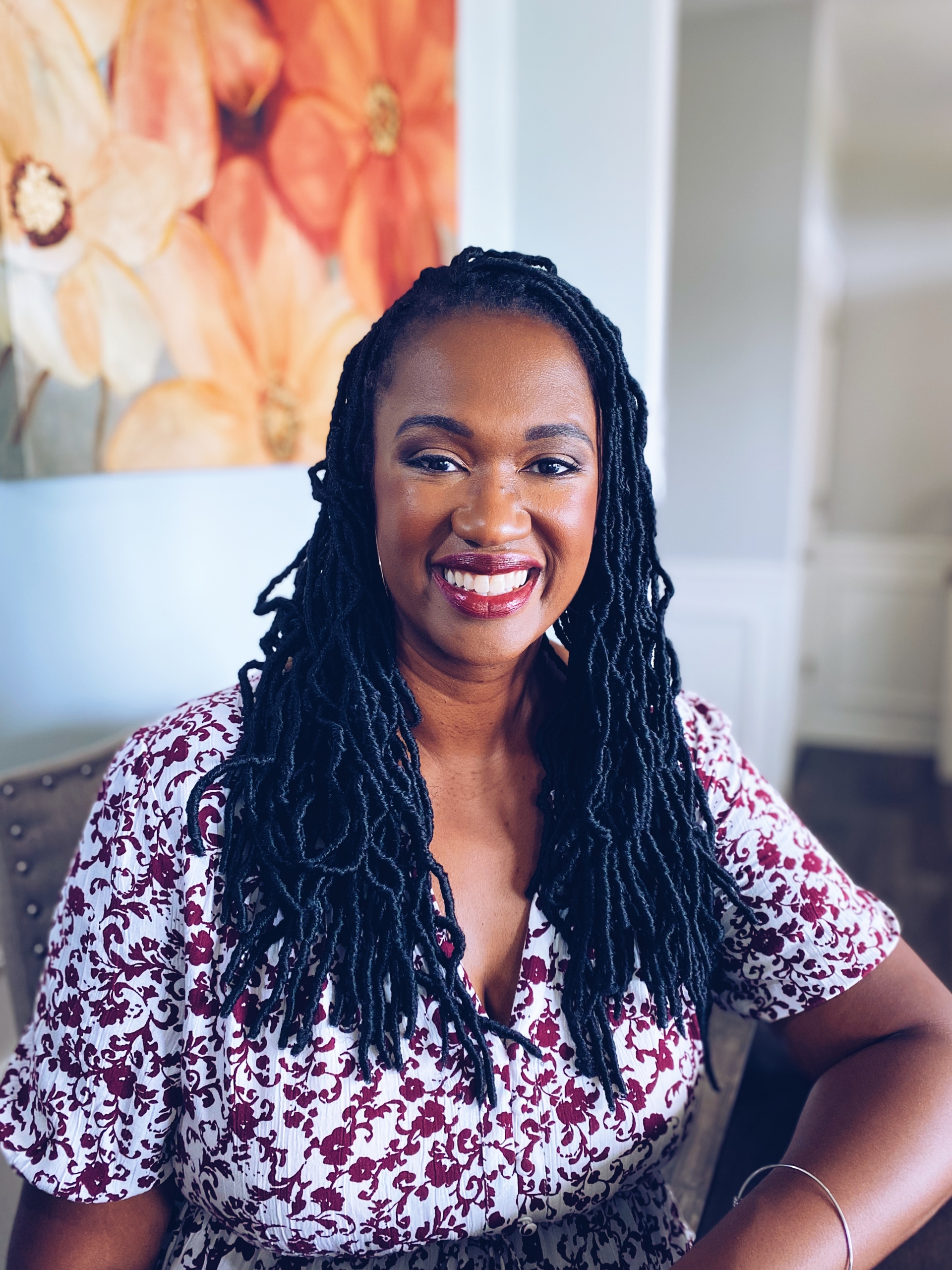Taking Action Toward Equity in Eating Disorder Treatment and Care
This blog post represents the author’s views and should not be interpreted as professional/medical advice or endorsed by NEDA.
2024 is going to be the year when we act. We have spent far too much time discussing disparities in eating disorder treatment and access. I have written countless articles highlighting what we all know—access to eating disorder treatment is disparate for Black Americans and other underserved populations. Now what? What are we going to do to make things different?
We now have an opportunity to dream in living color and reimagine a future anew. What would it be like if we did not have our disparities and could design a system when all would have access to eating disorder treatment as they need it? We would first create a system of training where providers of many different helping professions would have access to treatment. As of right now, much of the training opportunities for eating disorders are situated in the field of psychology. I see a future where master’s level clinicians of many different helping professions (e.g., nursing, social work, nutrition) are learning the fundamentals of providing treatments for eating disorders in their school, online, and in community.
I also see us building new tables of access – built on a foundation of co-creation, recognizing that for all of us to win, we must include all voices of those who are experiencing disordered eating. We have spent far too much time curating this table in the past; by creating spaces to hear and learn from those not typically included regarding their experiences navigating disordered eating, we may position ourselves to learn how to create treatments that are accessible and effective to many.
As a researcher, I am also invigorated by the challenge and hope of building these treatments and solutions in community. Researchers have often been accused of building things without community input and having the expectation of adoption. What would it look like to work together? I am challenged continually that the speed of work in communities is calculated in trust. Our first job may be to lean in, work to listen, and understand how folks may have been hurt who navigate disordered eating.
We also need to understand the experiences of those who develop disordered eating for alternative reasons, such as history of trauma, racism, and poverty. I see a future where we understand the etiology of disordered eating outside of the white dominant frame we have used for so many years. The more we lean into the story of our brother or sister, the better positioned we are to experience healing ourselves.
We have an opportunity to build different and move toward equity in 2024. The time of inclusion is now. Will you join us?
Dr. Rachel Goode is an Assistant Professor in the School of Social Work and an Adjunct Assistant Professor in the Center for Eating Disorder Excellence at the University of North Carolina at Chapel Hill. She received her PhD, MPH, and MSW degrees from the University of Pittsburgh. Her research interests include developing, implementing, and evaluating interventions to treat eating disorders and chronic disease.






